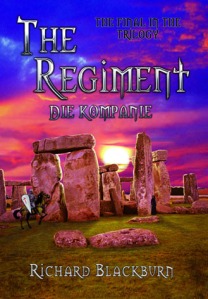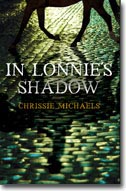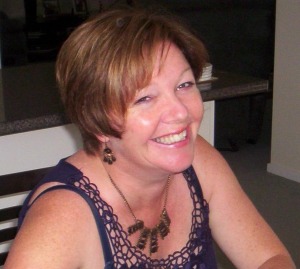A couple of days ago I wrote a post about technology I’ve been using to help me write. Today I thought I’d share my technological research tools. There may be something here you haven’t come across – or perhaps you’ve a great suggestion you’d like to share!
My favourite writers’ research tools
This year I’ve found myself using eBooks as well as print books for research. I rarely use my clunky old Kindle – but do use the wonderful Kindle app for the iPad. This sits on your iPad desktop like any other app but allows you to read Kindle eBooks.
I’m currently writing stories set in the late 18th-early 19th centuries, and on the Kindle store I’ve found lots of free literature written during this period. I lucked upon the 1811 Dictionary of the Vulgar Tongue. It’s full of familiar words that have changed meaning over the years, as well as words that have disappeared. It’s like time-travelling, only through language. Classic books are all there. In fact any classic that’s out of copyright is likely to be on the Kindle store. This means I don’t have to keep my bookcases cluttered with paperback classics.
My only warning here is that many of the free Kindle eBooks are poorly-formatted. At least with freebies you haven’t spent any money.
(I hope this doesn’t sound like I don’t like spending money on eBooks! I do, cross my heart. I also buy picture book apps, which are those all-singing, all-dancing magic books. But this is usually for entertainment, rather than research.)
Another iPad app I use for research is the British Library Historical Collection. It’s a portal to their historical collection. There’s a lot there within my own niche area of interest that I can’t access at my local, the State Library of Victoria. And as it’s curated by librarians, the collection can be searched in a variety of ways. Even browsing is a lot of fun – perfect for inspiration.
Robert Fortune’s Two visits to the Tea countries of China and the British Tea Plantations in the Himalaya recently caught my fancy. Although The History of a Lump of Chalk by Alexander Watt sounds good too!
Nothing beats visiting the place in which you’re setting your story. If you can’t do that, there’s always Google maps. And major libraries have been busy digitising their collections – particularly useful for accessing maps, photographs – any sort illustrative material. This means I don’t have to visit the library in person. I can sit at home and view and print the material I need. I discovered the Alma Collection at the State Library of Victoria in this way. It’s material collected by Will Alma on the history of magic and magicians in Melbourne. There are hundreds of wonderfully atmospheric photos and posters.
Researching what’s hot and what’s not
If you’re like me and want to know what other publishers and authors are producing, there’s nothing like a spot of market research. Having lost 20% of bookstores in Australia in recent times, I’ve been backing up my bookstore research with online research.
On Amazon, you can search your region as well as new releases from the last 30 or 90 days. However, given Amazon’s less-than-generous terms for most publishers outside the US, this is probably not a representative sample for Australian publishing.
The Apple iBookstore is growing, and there is strong representation from Australian publishers. On the iBookstore you can download samples of every title for free. Unfortunately this doesn’t always give you a good indication of the title. With picture books in particular, I’ve found you can end up with a cover, the usual preliminary material, then straight to the ‘buy this book’ button. So not always a helpful guide. I should mention you do need an iPad or iPhone to access iBookstore.
I always find it’s a good idea to keep an eye on what particular publishing companies are publishing. These are companies who release similar material to what I write. On their websites, most book publishers have subscription-based e-newsletters where they’ll periodically announce their latest releases. If you ignore the spin, these can be useful for market research.
I haven’t signed up for it so can’t really comment – but I’ve heard Netgalley is a good way of seeing what publishers and authors are up to.
So that’s it for the technology I find useful for writing. If you’ve any suggestions for research tools, as usual I’d love to hear them!



